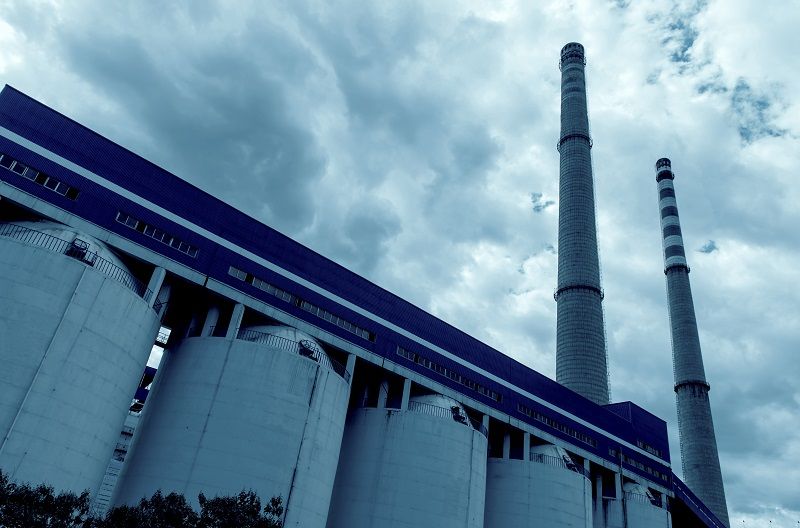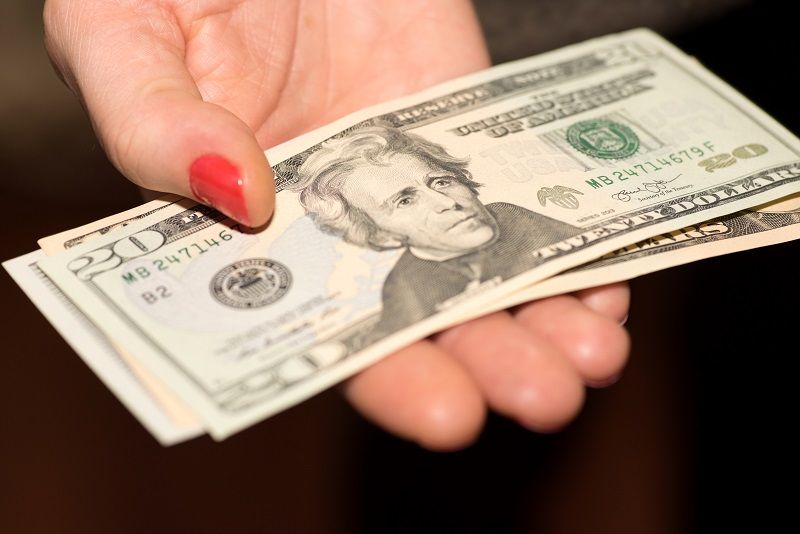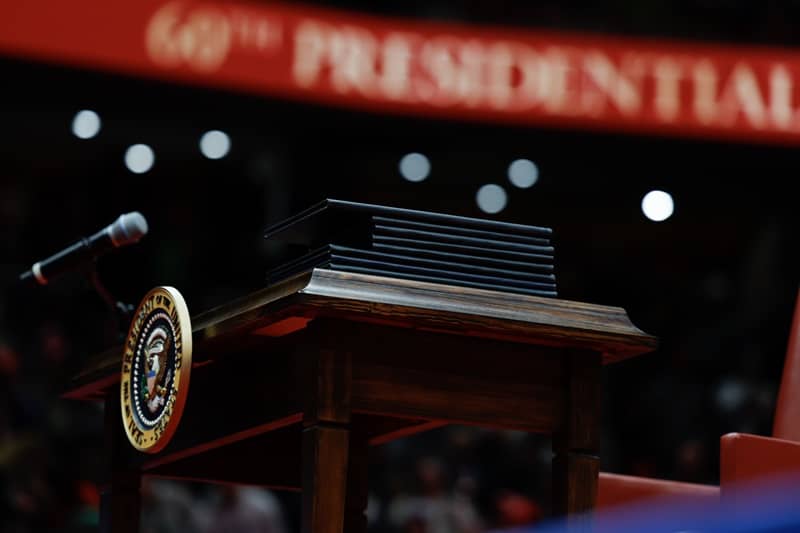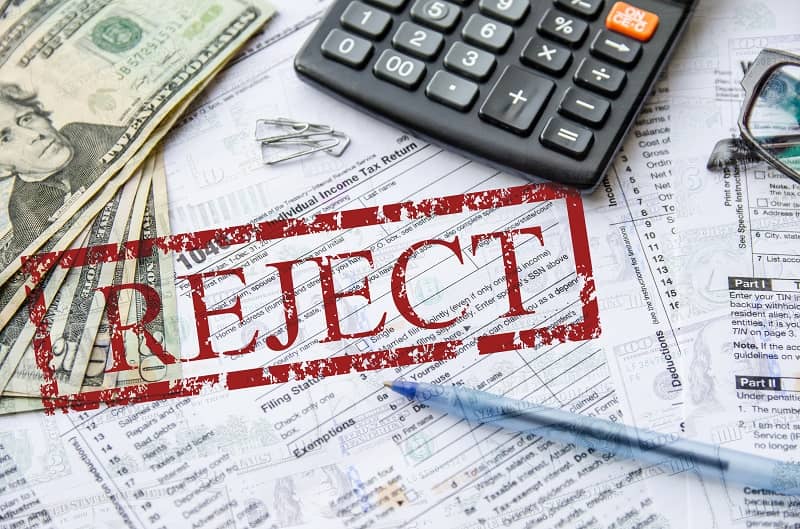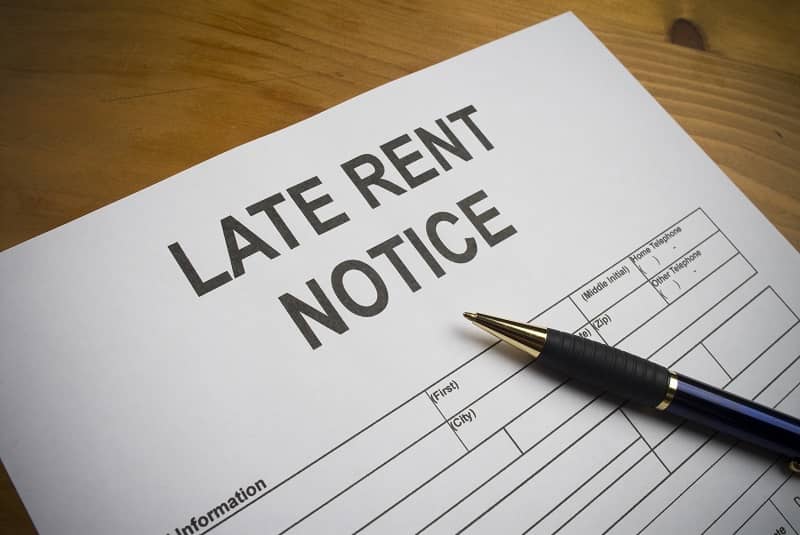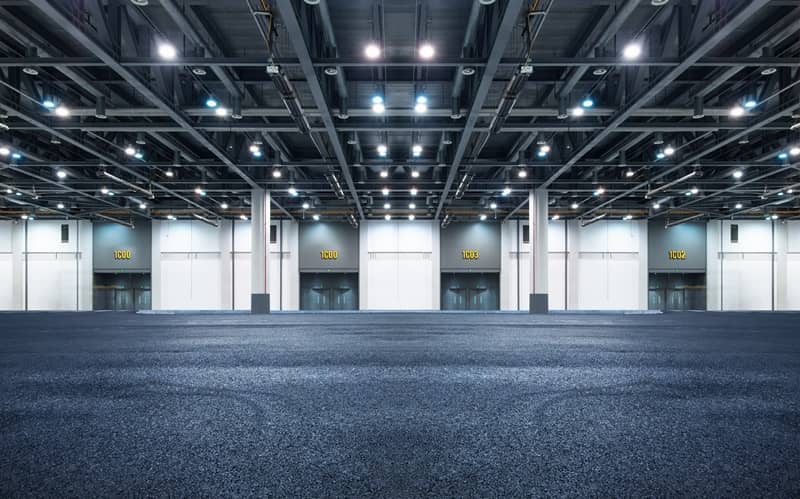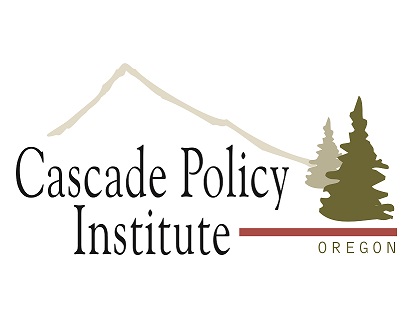The debate over “income inequality” has simmered for some time, but now seems to be upfront as a key dividing line in American politics. President Obama uses the concept to make his case for raising the federal minimum wage. And, the Oregon Department of Employment reports on the so-called growing wage gap between rich and poor in our in state as though that were our primary economic problem.
But many who see income inequality as a major problem tend to have a fuzzy understanding of how our economy works―and who is to blame for our economic problems. They seem to think capitalism is evil. They seem to think “rich people” are evil, and they assume rich people gained their wealth by stealing money from the rest of us.
But that’s wrong. Most rich people got that way because they operate in our free-market system to provide goods or services that the rest of us willingly purchase. They create value for us, and for themselves.
Take, for example, the late Steve Jobs of Apple Computers. Jobs died in 2011 at the age of 56. From starting Apple in his garage back in 1976, he accumulated some $8 billion by creating and selling a number of very innovative products to millions of people. From desktop computers, to iPods, to iPhones, and now iPad tablets, Jobs made many lives easier and more enjoyable, and made many of us more productive. For that, those of us who freely purchased his products rewarded him with great wealth. He didn’t steal money from his customers. No one was forced to buy Apple products.
And yet, many people seem to believe that somehow Jobs and other rich people did just that: stole money from them. They think rich people get rich by making other people poor. What they fail to recognize is that poverty is not created. It’s the default condition of mankind. It’s wealth that has to be created.
People like Steve Jobs, Bill Gates of Microsoft, and Sam Walton of Walmart created fabulous amounts of wealth by meeting the needs of the rest of us. We gladly buy their products because they make us better off, not because there is some government mandate that we do so.
But, President Obama either doesn’t understand that or chooses to ignore it. In 2010 he told us that he thinks at a certain point “you’ve made enough money,” meaning that after that point you should pay more taxes than other people.
However, rich people are, if anything, already paying more than their fair share. In the year the President made that statement, the top one percent of tax returns included 18.87 percent of all adjusted gross income and 37.38 percent of all federal individual income taxes paid. The top 5 percent earned 33.78 percent of income and paid 59.07 percent of taxes. The top 10 percent earned 45.17 percent of income and paid 70.62 percent of taxes. How much more should they pay to make everything “fair?”
Billionaire Warren Buffet says that, because much of his income is in the form of capital gains, he pays a lower tax rate than his secretary. Those who seem to envy the rich are demanding he pay at least as much as his secretary. They want to raise his tax rate up to hers.
But I suggest instead that we might want to lower her rate, and ours, down to Buffet’s. I think most of us would prefer to have our taxes lowered, rather than increase taxes on the few billionaires among us. That would help make most of us better off, rather than making the rich few worse off.
And, even if income inequality were a bad thing, a strong case can be made that government solutions may make the inequality worse. As recently noted by the non-partisan Congressional Budget Office, President Obama’s proposed $10.10 minimum wage, if applied across the economy, likely would reduce total employment by some 500,000 jobs. This is another acknowledgement that raising wages above what relatively unskilled workers are worth to a business is likely to lead to some of those workers either not being hired, or actually losing jobs they already had at the bottom of the economic ladder. Raising the minimum wage simply chops off some of those lower rungs on the ladder.
Whether or not income inequality is fair, finding ways to reduce it by helping low-income earners improve their skills and qualify for more demanding positions would be a good idea. However, reducing it by pounding down the top earners through higher taxes will not help low-income earners; it will actually make them worse off.
Steve Buckstein is Founder and Senior Policy Analyst at Cascade Policy Institute, Oregon’s free market public policy research organization.

